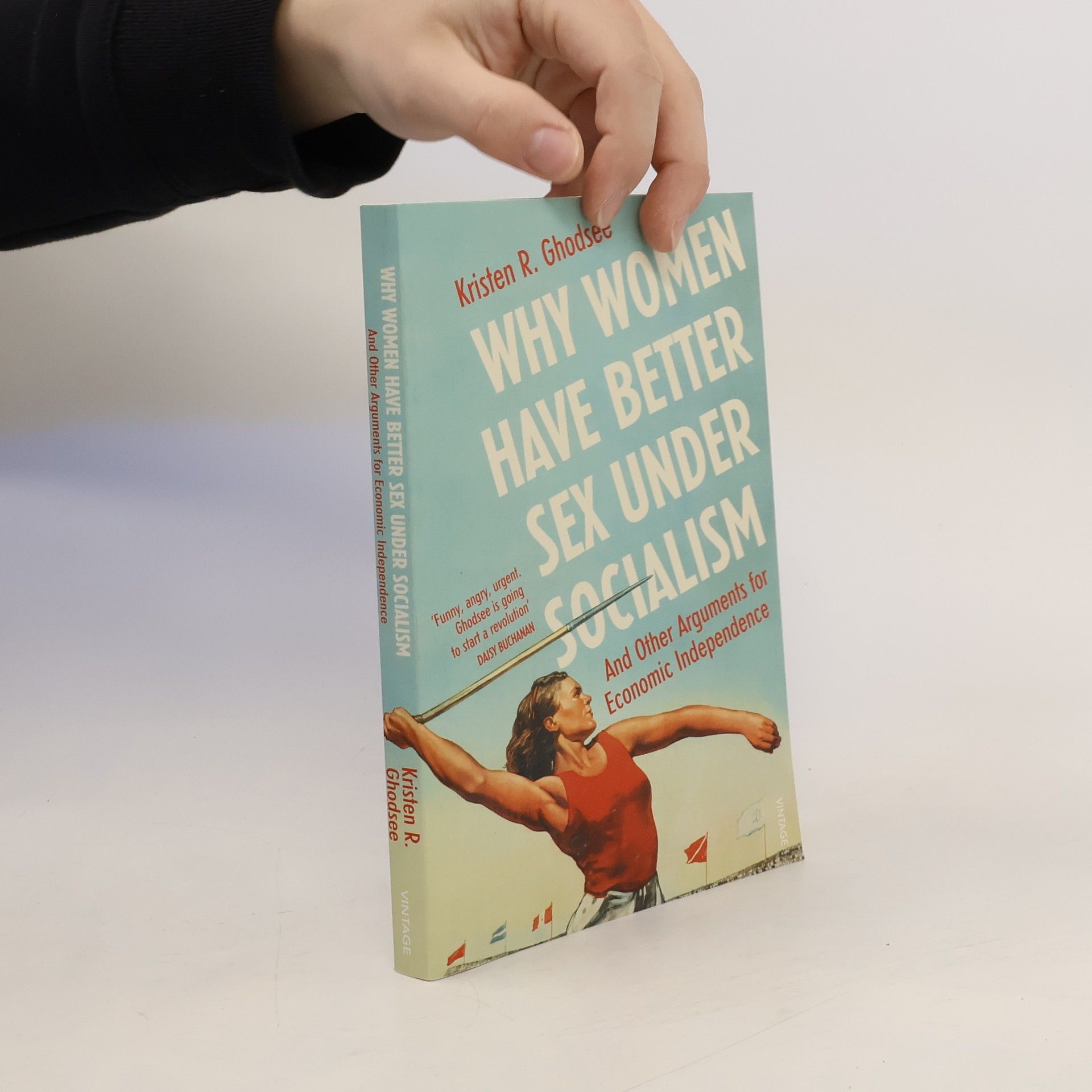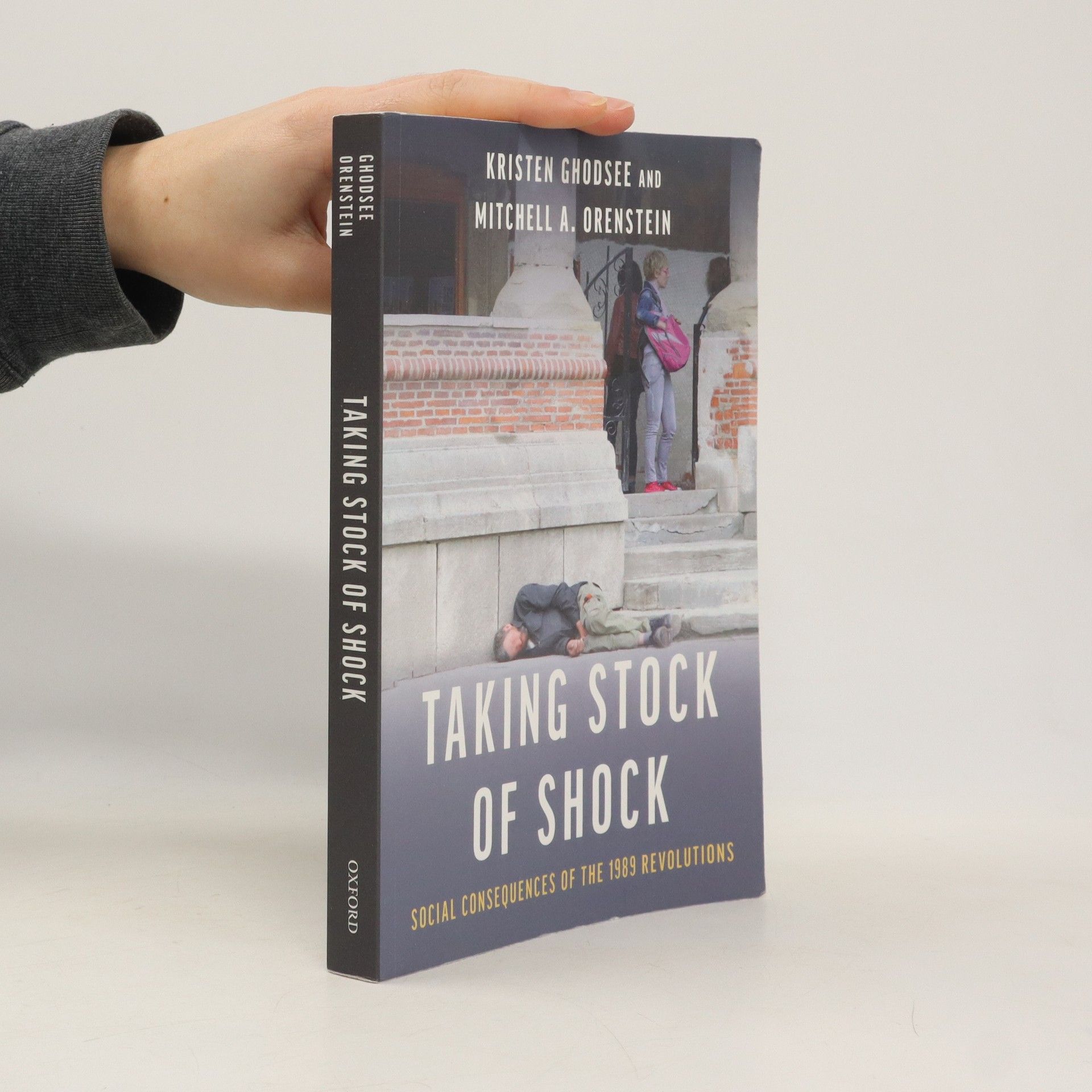Červené valkýry
- 352 pages
- 13 hours of reading
Prostredníctvom sviežich biografických esejí sa skúma história socialistického feminizmu vo východnej Európe. Autorka analyzuje revolučné kariéry piatich významných socialistických žien z 19. a 20. storočia: boľševickej aristokratky Alexandry Kollontajovej, radikálnej pedagogičky Nadeždy Krupskej, polyamornej buričky Inessy Armandovej, smrteľnej ostreľovačky Ľudmily Pavličenkovej a partizánky a vedkyne Jeleny Lagadinovej. Kristen Ghodsee sa zaoberá osobnými výzvami, ktorým čelili tieto ženy, pričom žiadna z nich nebola „dokonalou“ ľavičiarkou. Ich životy boli plné vnútorných konfliktov a protirečení, no napriek tomu dokázali posunúť svoje politické projekty vpred. Tieto ženy sa snažili nájsť rovnováhu medzi triednou solidaritou a potrebou presadiť problémy žien, čím hľadali nové riešenia pre dnešné aktivistky. V krátkych kapitolách, bohatých na historické príklady a aktuálne úvahy o postavení žien, Ghodsee približuje myšlienky socialistického feminizmu a inšpiruje súčasné emancipačné hnutia na celom svete.





